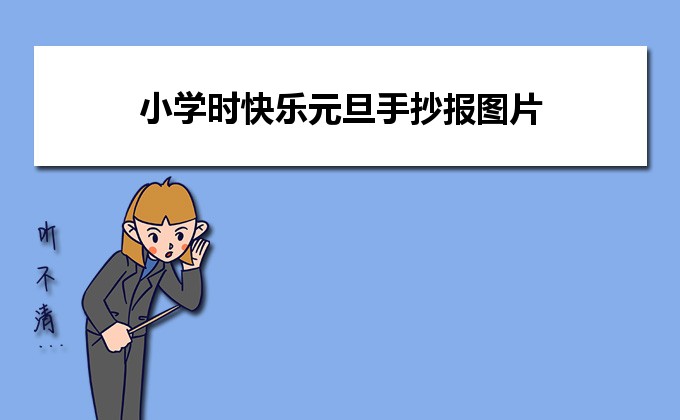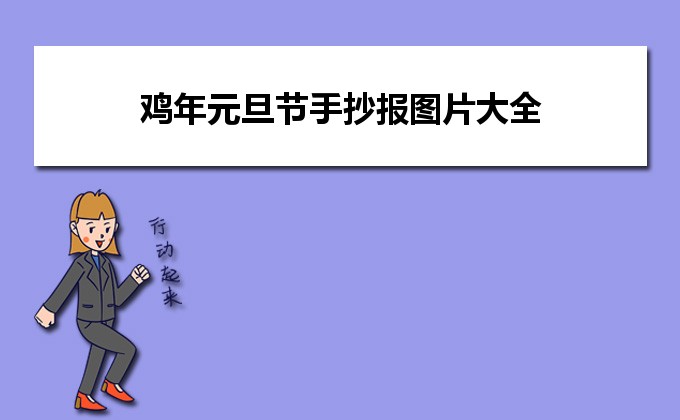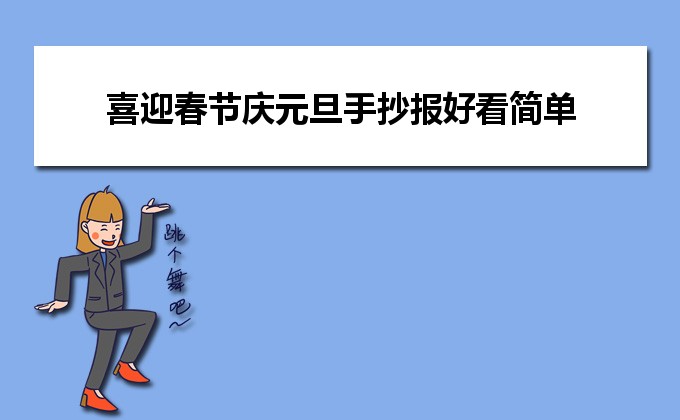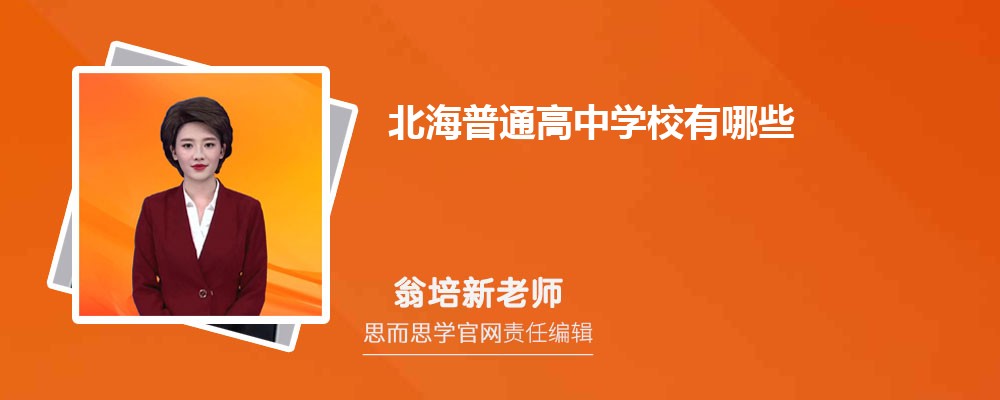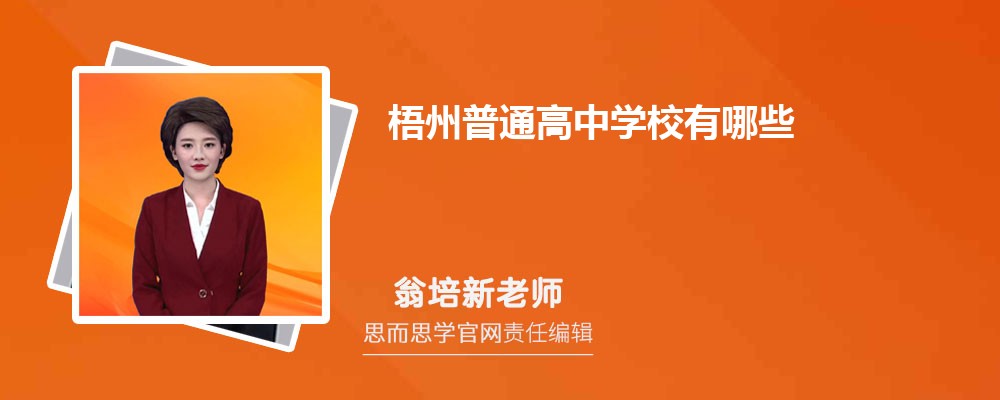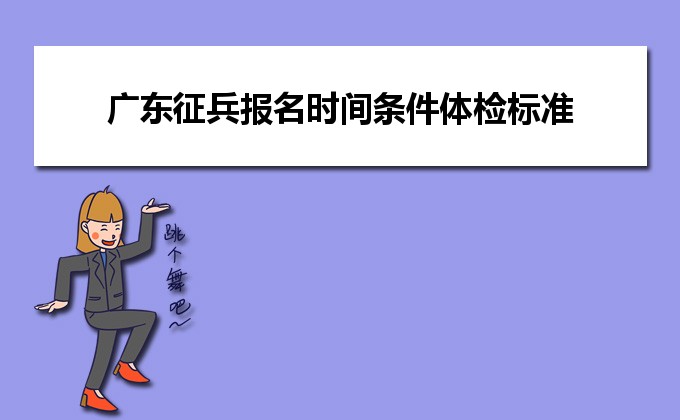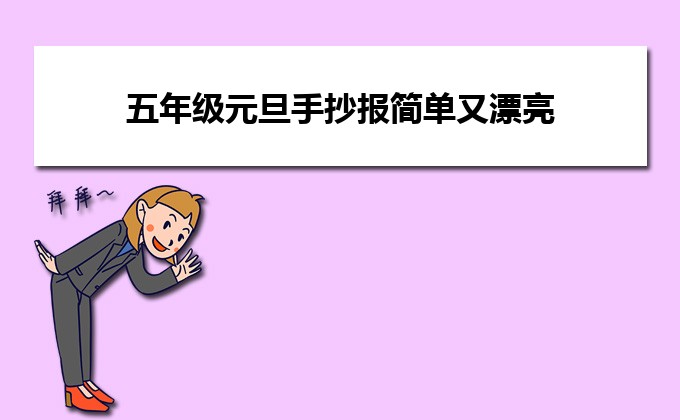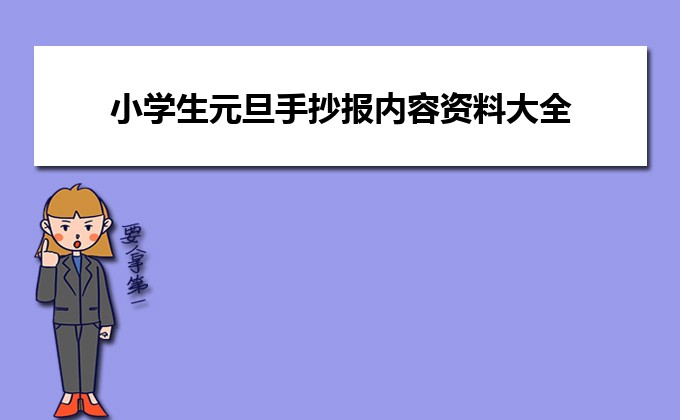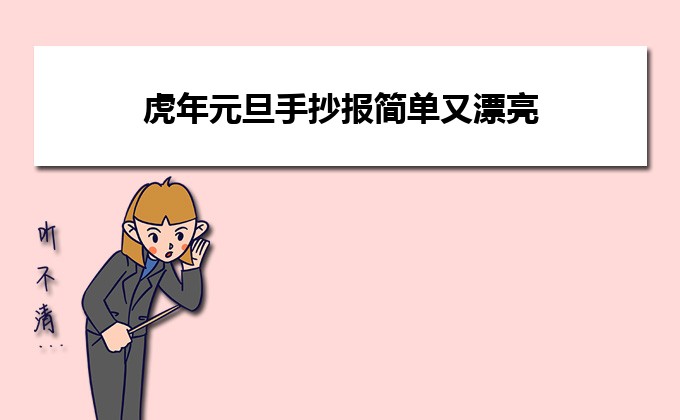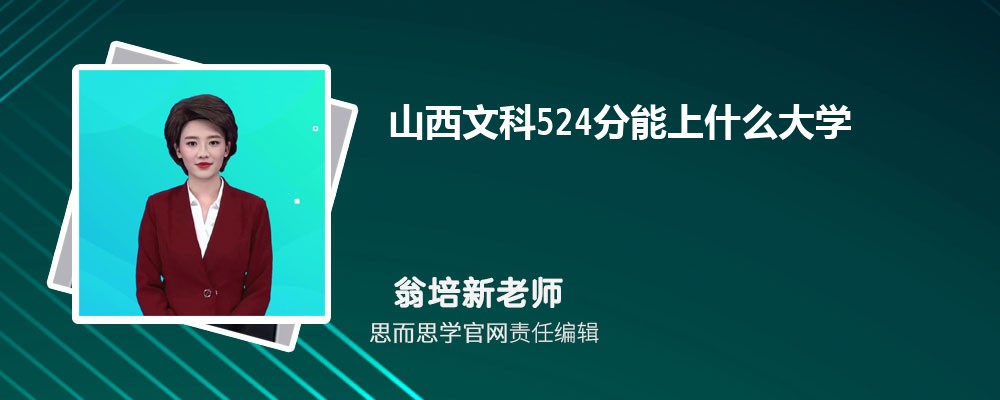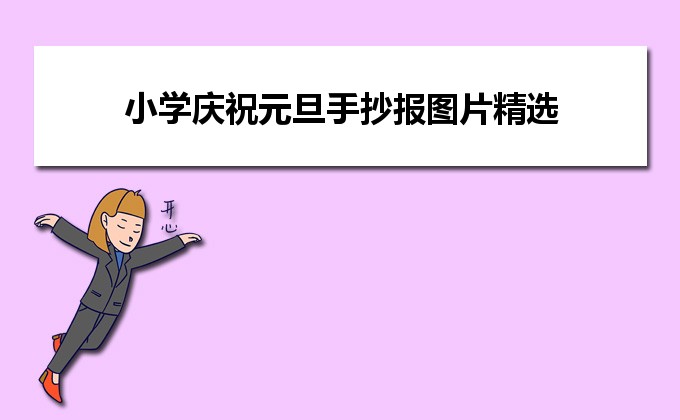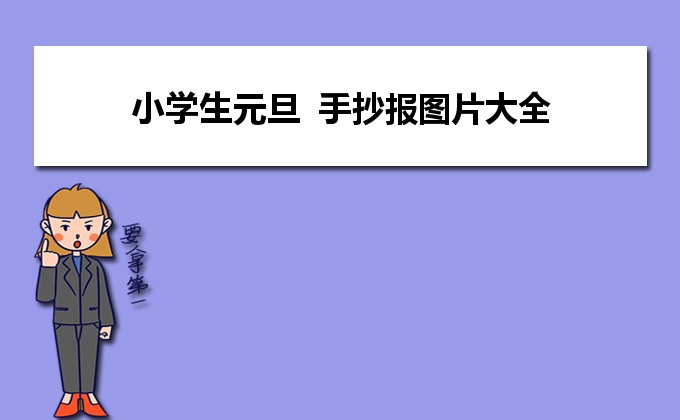元旦的相关习俗文化
开岁(一年的开始):根据中国传统习俗,从亥时(21点到23点)的阴历第十二个月的最后一个晚上,每个家庭必须准备提供的s到神的祭坛。同时,他们也准备了新的一年的食物:整个家庭,然后保持清醒,一起参加一年(称为守岁)。在亥时,子时(23:00-1:00.)会来的,这是新的一年的到来(元旦)。在这一刻,人们开始用烟火庆祝。素食和甜食,然后被放置在祭坛,和香被烧毁欢迎神。在古代,人们认为亥时连接两年,因此被称为“开岁”。
在同一天晚上,一些家庭将按照在统和地方在“幸运神”在“财富时间”得到神的祭坛方向准备指令。如果“财富之神”的方向是“不适的位置”,人们会选择接受“快乐之神”或“高贵的神”。
1. There is an apparent difference in the custom of food taking on yuandan between the chinese in the northern and southern regions. the northern chinese has the habit of taking jiao zi(dumpling made of flour with vegetable and meat wrapped inside). some people may put a sweet or a coin inside jiao zi, hoping to have a sweet year after tasting the sweet and a wealthy year after tasting the coin. on the other hand, the southern chinese have the taboo for killing on yuandan. therefore, they do not take meat in tee morning of yuandan, so as to avoid bloodshed or mutual slaughter. in order to evade misfortune, they have the first meal of this day without meat. instead, they take vegetarian food for the sake of virtue.
在以北部和南部地区之间的中国的元旦食物习惯明显不同。北方人有取饺子的习惯(饺子是用面粉做的,里面有蔬菜和肉包)。有些人可能把一个甜的或一个硬币内的饺子,希望有一个甜蜜的一年后品尝的甜蜜和一个富裕的一年后,品尝硬币。另一方面,中国南方有就元旦杀害禁忌。因此,他们不参加的元旦早上发球肉类,以避免流血或互相残杀。为了逃避不幸,他们在这一天的第一顿饭没有肉。相反,他们以素食为美德。
2. What is special during the new year is that parents or elders will distribute red packets(ang pao or ya sui qian)to the children. people in the ancient times were more particular in giving away the red packets: the distribution took place on the eve of new year so that the kids could supPss the past year and enter the new year. ya sui has the meaning of overcoming the unPdictable future. rePsenting the wishes for the healthy psychological growth of the children, ya sui qian symbolises the elders' hope to see their children overcome all the unPdictable elements brought by the "year".
新的一年里有什么特殊的是,父母或长辈会把红色的包(和“包”和“你的钱”)分发给孩子们。远古时代的人们更特别地在赠送红包:新的一年的除夕之夜的分布,使孩子们能压制过去的一年,进入新的一年。“雅”的意思是克服不可预知的未来。代表对健康儿童心理成长的愿望,压岁钱象征长老希望看到自己的孩子克服各种不可预知的因素所带来的“年”
